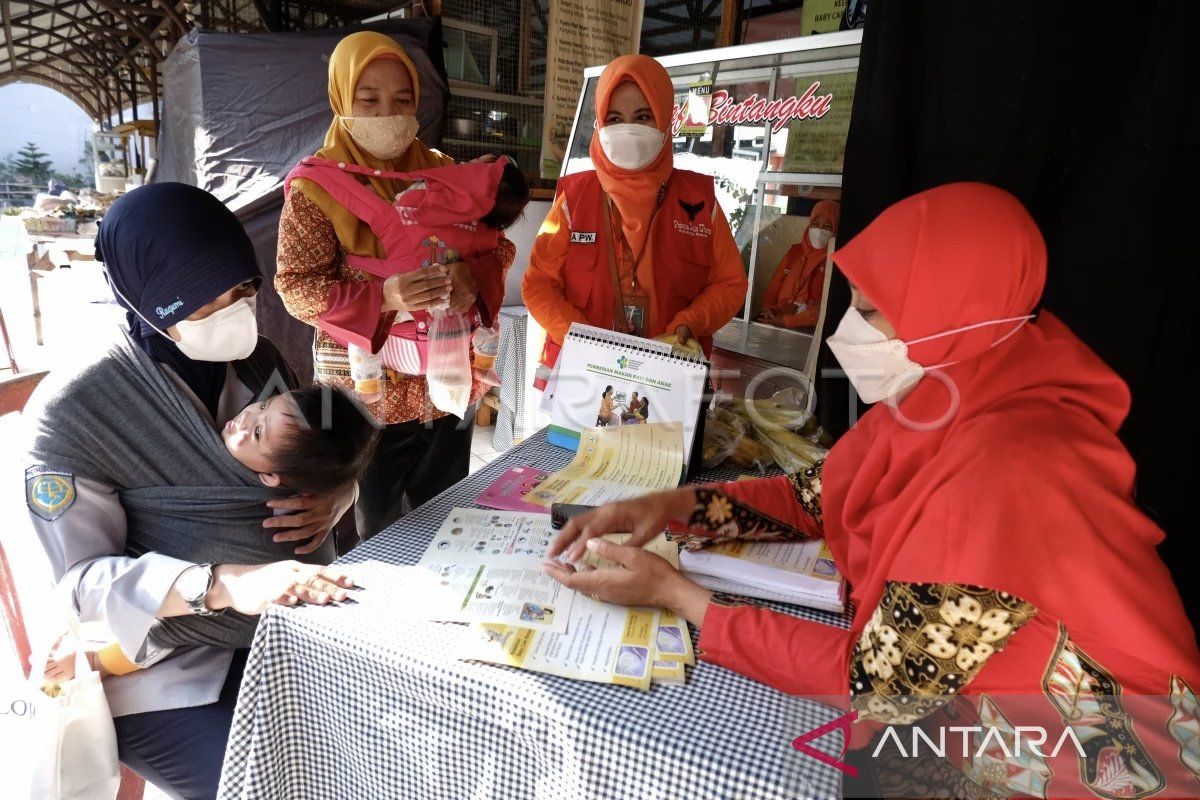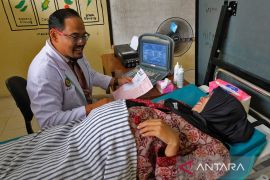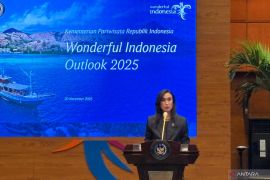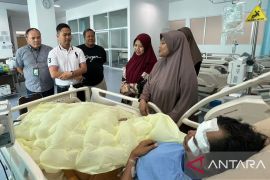"The first requirement is that it must be on time," said Mahmud Fauzi, the ministry's Head of the Working Team for Nutritional Standards and Quality of Services for Mother-Child Nutrition and Health.
During a discussion on MPASI to commemorate National Nutrition Day on Wednesday that was followed online from Jakarta, he explained that the provision of complementary feeding should be on time, not too early or too late.
Fauzi emphasized the need for parents to pay attention to providing complementary food, which should be given to infants aged 6-23 months and should not be late, as it can interfere with the child's growth and development.
The second requirement for MPASI is adequate provision, which means that the food should have diverse nutritional values and, most importantly, be rich in animal protein.
"It is because animal protein contains essential amino acids that are easily absorbed by the body and needed for good growth and development," he explained.
He said that the third requirement for MPASI is that it must be safe in terms of how it is processed and presented, as MPASI for each age group of babies is different.
Infants aged six to eight months must not be given solid foods, he said. Parents should introduce chopped soft foods to babies that are nine to 11 months of age and regular meals that are consumed for children aged 12-23 months.
The last requirement is that the provision be given appropriately, both in terms of the number of calories and the frequency.
"MPASI is also expected to come from local food. Sometimes people think animal protein is expensive, when in fact at least one egg can provide adequate nutrition," he said.
Related news: Minister seeks to expand midwives' role to lower maternal mortality
Related news: Health Bill ensures protection of infants, children: Ministry
Translator: Sean M, Kenzu
Editor: Anton Santoso
Copyright © ANTARA 2024












